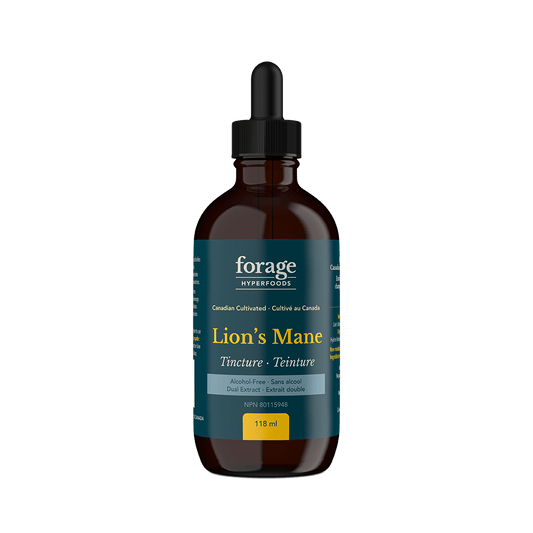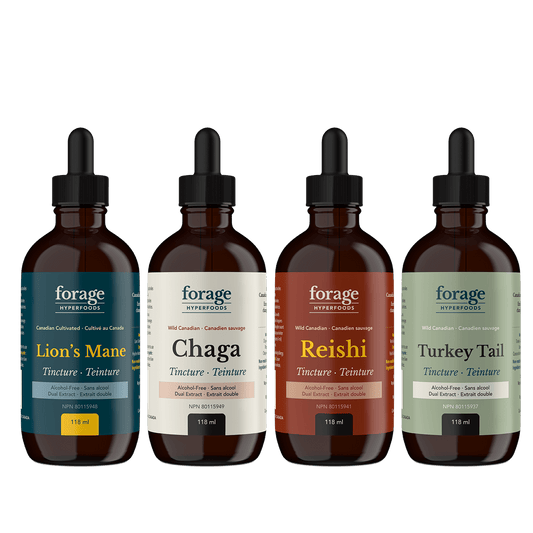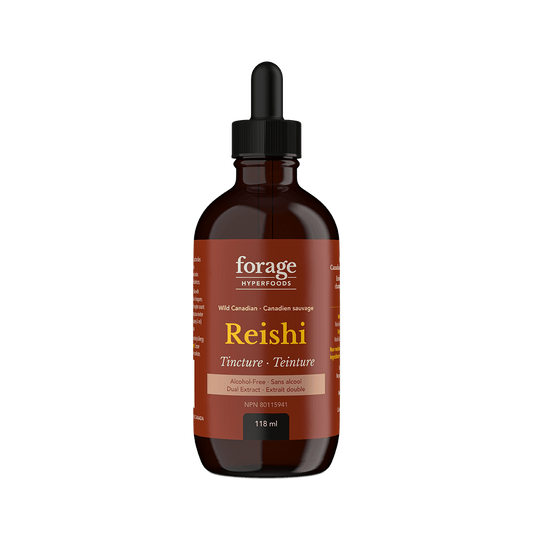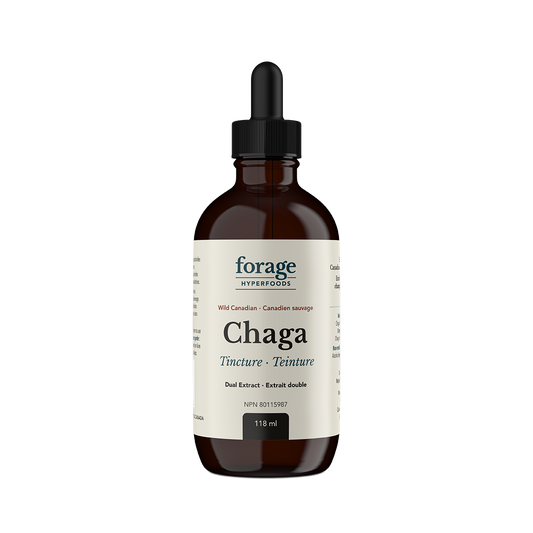As individuals reach the age of 45 and beyond, prioritising health and wellness becomes increasingly important for maintaining a fulfilling and vibrant life. Ageing brings about various physical changes and challenges, from a decline in muscle mass and bone density to changes in vision and hearing; understanding these shifts is crucial for adapting and taking proactive measures. Furthermore, the mental and emotional aspects of ageing should not be overlooked. This comprehensive guide aims to provide valuable insights and practical strategies tailored to this age group, offering guidance on navigating the unique challenges and opportunities that arise during this stage of life. By addressing the physical, mental, and emotional aspects of ageing, this guide seeks to empower individuals to make informed choices that support their overall well being.
Maintaining a Healthy Lifestyle
Maintaining a healthy lifestyle is crucial for individuals in the 45+ age group to support their overall health and well-being. Nutrition plays a key role, focusing on consuming a well-balanced diet that includes fruits, vegetables, whole grains, lean proteins, and healthy fats while paying attention to portion sizes. Regular exercise and physical activity are important for maintaining cardiovascular health, muscle strength, and flexibility. Recommendations include engaging in at least 150 minutes of moderate-intensity aerobic activity or 75 minutes of vigorous-intensity aerobic activity per week and muscle-strengthening activities. Quality sleep is vital, and establishing a consistent sleep schedule, creating a relaxing bedtime routine, and optimising the sleep environment can contribute to better sleep quality. Stress management techniques, such as deep breathing exercises, meditation, and engaging in enjoyable activities, can help reduce stress levels, while mindfulness practices enhance overall well-being and resilience.
Preventive Care and Screenings
Preventive care and screenings are essential to maintaining good health. Regular check-ups and screenings are crucial in early detection and prevention of potential health issues. Recommended preventive health screenings may include blood pressure checks, cholesterol tests, diabetes screenings, mammograms for breast cancer, colonoscopies for colorectal cancer, bone density scans for osteoporosis, and regular eye and dental exams. These screenings help identify potential risks or signs of diseases or conditions, allowing for early intervention and treatment. Vaccinations and immunisations also play a vital role in preventive care, protecting against infectious diseases such as influenza, pneumonia, shingles, and tetanus. Staying current with recommended vaccinations is crucial for overall health and reducing the risk of preventable diseases.
Regular check-ups with primary care providers are essential for managing overall health and addressing concerns or symptoms. Primary care providers can offer guidance on maintaining a healthy lifestyle, managing chronic conditions such as hypertension, diabetes, or arthritis, and monitoring key health markers such as blood pressure, blood sugar levels, and cholesterol. By prioritising preventive care and screenings, individuals in the 45+ age group can take proactive steps toward maintaining their health, preventing potential complications, and enjoying a high quality of life.
Mental and Emotional Well Being
Mental and emotional well-being is of utmost importance for individuals in the 45+ age group, and adopting strategies to promote mental health and emotional resilience is crucial. Taking care of one's mental well-being involves engaging in activities that promote relaxation and stress reduction, such as practising mindfulness, meditation, or deep breathing exercises. Regular physical exercise is also beneficial for mental health, as it helps release endorphins which promote a sense of well-being.
Nurturing social connections and maintaining meaningful relationships are vital to our Staying connected with friends, family, and community members can provide a support system and a sense of belonging, reducing feelings of loneliness or isolation. Actively seeking out opportunities for social engagement, such as joining clubs or community groups, can foster a sense of connection and promote positive mental health.
Lastly, therapy is very valuable and its important to recognise that seeking professional help is not a sign of weakness but rather a proactive step toward mental and emotional well-being. Consulting with a mental health professional can provide valuable guidance and support, helping individuals navigate challenging emotions, stress, or any mental health conditions they may be experiencing. Cultivating a resilient mindset to navigate the ups and downs of life is essential for people of all ages, but highly beneficial in later stages of life.
Managing Chronic Conditions
Individuals in the 45+ age group often experience common chronic health conditions such as hypertension, diabetes, arthritis, cardiovascular disease, osteoporosis, and chronic pain. Managing these conditions involves a multifaceted approach. Regular monitoring of vital health markers, collaborating with healthcare providers, and making lifestyle modifications are crucial. This includes adopting a balanced diet, engaging in regular physical activity tailored to individual abilities, practising stress management techniques, and prioritising adequate sleep. Integrating complementary and alternative therapies, such as acupuncture, massage therapy, and meditation, can also provide additional support. By taking a proactive approach to managing chronic conditions, individuals can improve their quality of life and overall well-being.
In summary, managing chronic health conditions in the 45+ age group requires collaboration with healthcare providers, lifestyle modifications, and the incorporation of complementary and alternative therapies. By monitoring health markers, adopting a healthy lifestyle, and exploring additional supportive therapies, individuals can effectively manage their conditions and enhance their overall well-being.
Healthy Ageing Strategies
Healthy ageing involves implementing a comprehensive range of strategies to promote overall well-being. One essential aspect is prioritising brain health and engaging in cognitive fitness exercises. These activities, such as puzzles, reading, and social interactions, stimulate the brain, improve cognitive function, and promote mental agility, contributing to a sharper mind as one ages.
Maintaining bone health and preventing osteoporosis is another crucial consideration for healthy aging. Regular weight-bearing exercises, including walking, dancing, and strength training, help strengthen bones, improve balance, and reduce the risk of fractures. Adequate calcium and vitamin D intake through a well-balanced diet or supplementation is also vital for maintaining strong bones and preventing bone loss.
Heart health and cardiovascular fitness are integral to healthy ageing. Regular physical activity, such as brisk walking, swimming, cycling, or aerobic exercises, helps improve cardiovascular health, strengthen the heart, and enhance overall fitness. Incorporating these activities into daily routines promotes longevity and reduces the risk of cardiovascular diseases.
Additionally, eye and vision care are important for ageing adults. Regular eye exams, maintaining proper eye hygiene, wearing protective eye wear, and ensuring proper lighting in the environment all contribute to maintaining good vision and preventing age-related eye conditions. By integrating these healthy ageing strategies into daily life, individuals can promote their long-term health and well-being, fostering a fulfilling and vibrant life as they age.
Navigating Transitions and Life Changes
Navigating transitions and life changes in the 45+ age group involves important considerations. This includes retirement planning and financial preparation, adjusting to changing family dynamics, and embracing new hobbies, interests, and purpose. It is essential to assess financial situations, set retirement goals, and ensure stability. Adapting to evolving relationships requires open communication and finding new ways to connect. Exploring new activities and pursuing personal interests fosters fulfillment and purpose. By proactively embracing these transitions, individuals can navigate these phases with resilience and discover new avenues for growth and happiness.
Resources and Support
Accessing resources and support is crucial for individuals in the 45+ age group to enhance their health and well-being. Community resources, such as local community centres and support groups, provide assistance, information, and social connections, offering educational programs, recreational activities, and opportunities for social engagement. Online tools and apps serve as valuable resources for health tracking and self-care, offering features like fitness tracking, medication reminders, and mental health support. They also provide access to educational resources and virtual support communities. Seeking guidance from healthcare professionals and specialists is vital for optimal health management, including preventive screenings, early detection, medication management, and personalised guidance on lifestyle modifications. By utilising community resources, online tools, and seeking professional guidance, individuals can access the necessary support and resources to enhance their health, well-being, and overall quality of life.
Supplementing Needs
Supplementing nutritional needs with functional mushrooms has gained popularity due to their potential health benefits. Functional mushrooms, such as Reishi, Lion's Mane, and Chaga, are rich in bioactive compounds that can support various aspects of health. These mushrooms have been used in traditional medicine for centuries and are now being recognised for their potential in promoting overall well-being. Studies suggest that functional mushrooms may have antioxidant, anti-inflammatory, immune-modulating, and neuroprotective properties.
For individuals in the 45+ age group, incorporating functional mushroom supplements into their daily routine can offer several advantages. Functional mushrooms, such as Chaga and Turkey Tail have been shown to support immune function, which becomes increasingly important as the immune system naturally weakens with age. Mushrooms such as Lion’s Mane can have a positive impact on cognitive health by promoting neuroplasticity and supporting brain function. Additionally, Reishi have been studied for their potential to reduce stress and improve mood, providing support for mental and emotional well-being. Overall, these mushrooms offer a natural and holistic approach to supporting health concerns faced by individuals in this age group. You can shop for these tinctures here.
Conclusion
In conclusion, as individuals in the 45+ age group, it is crucial to prioritise health in all forms for a positive ageing experience and a high quality of life. Throughout this guide, we have covered various aspects of healthy ageing, including nutrition, exercise, sleep, stress management, preventive care, mental and emotional well-being, and the potential benefits of functional mushrooms. By adopting a holistic approach and making informed choices, individuals can proactively enhance their overall well-being. Embracing lifestyle modifications, seeking support from community resources and healthcare professionals, and incorporating functional mushrooms can optimise physical, mental, and emotional health. Remember that healthy ageing is a lifelong journey, and even small changes can make a significant impact. By investing in your health and well-being, you are empowering yourself to enjoy a fulfilling and vibrant life in the years ahead. Embrace the potential for positive ageing experiences and seize the opportunity to live each day to the fullest.





